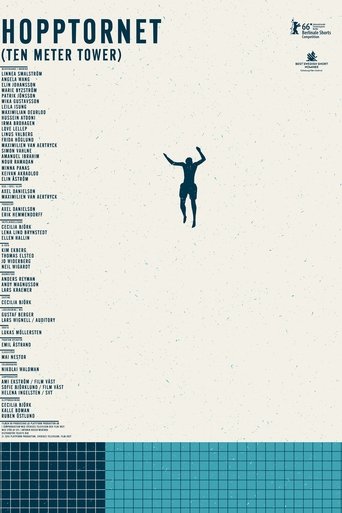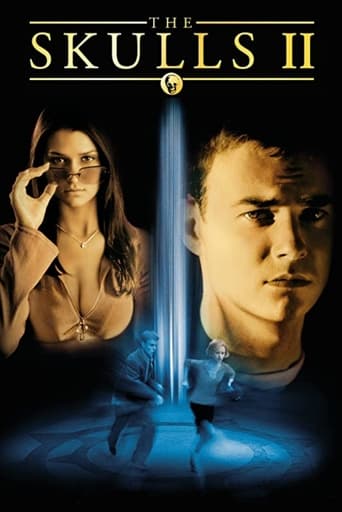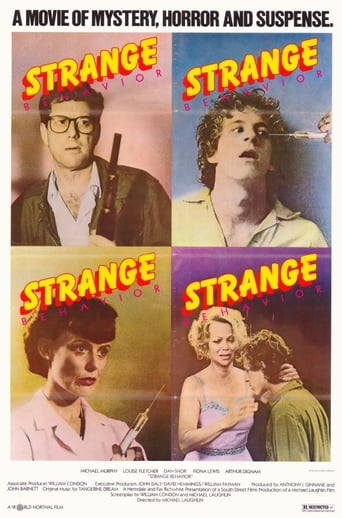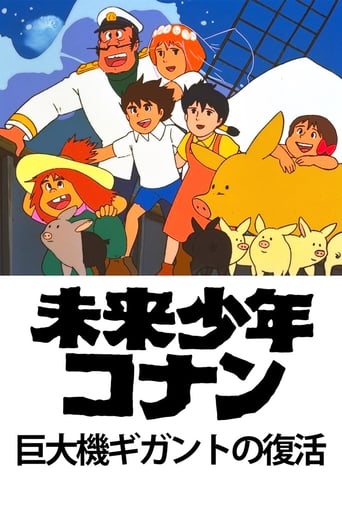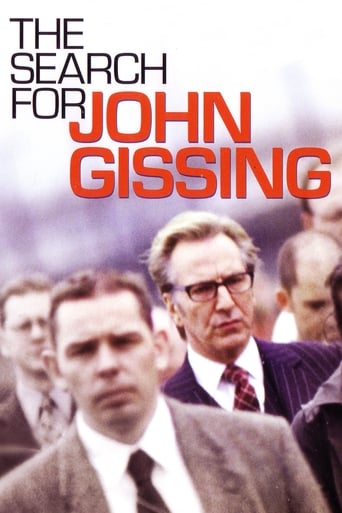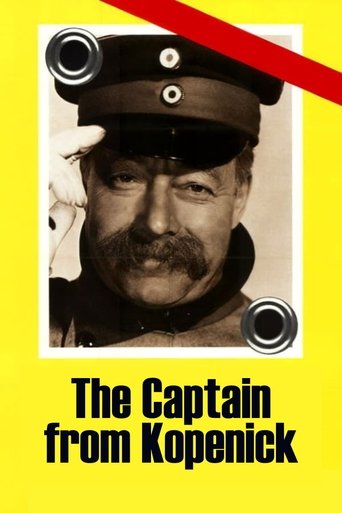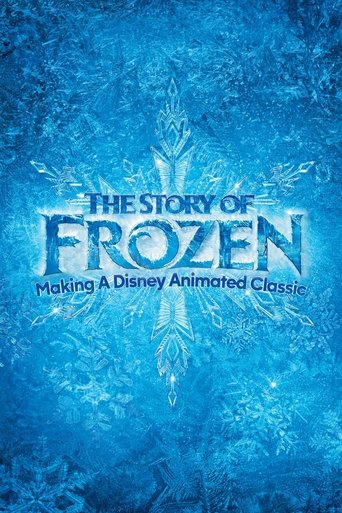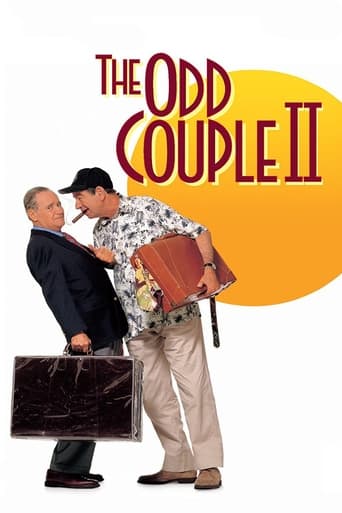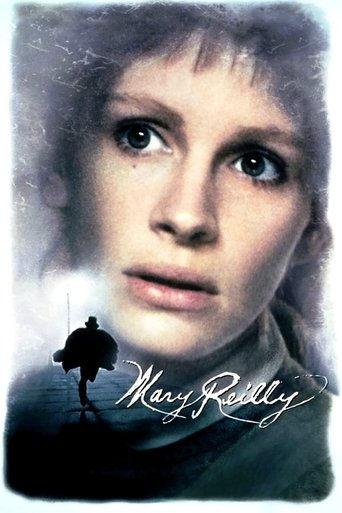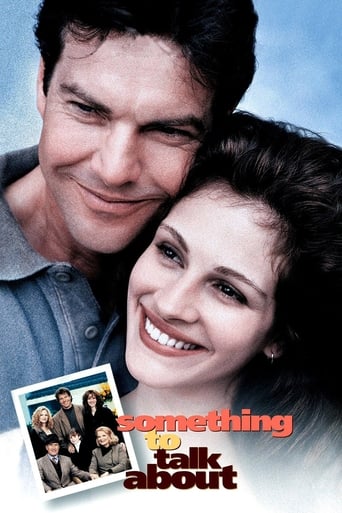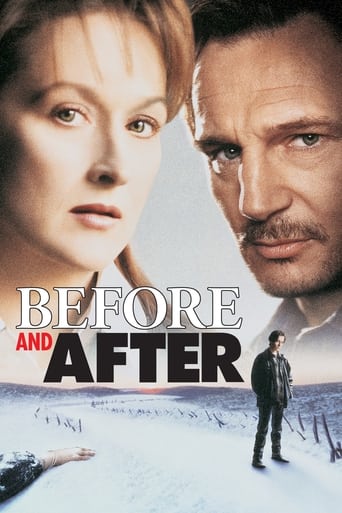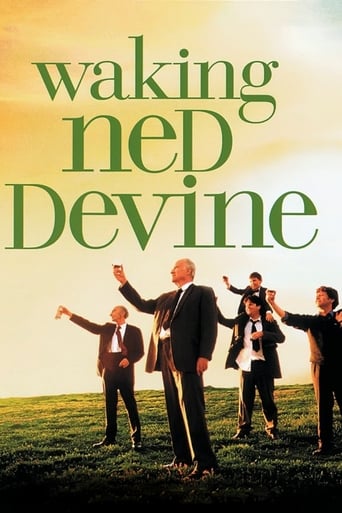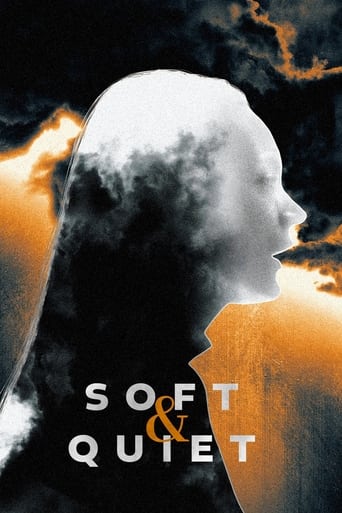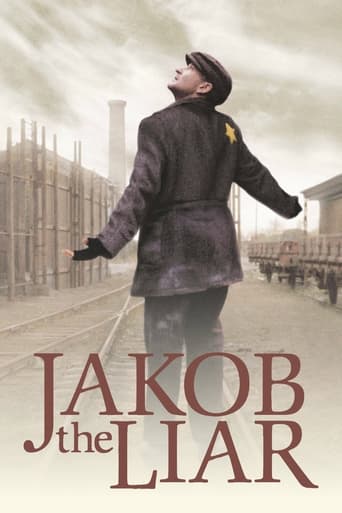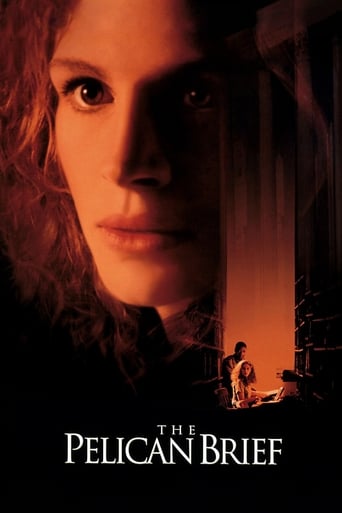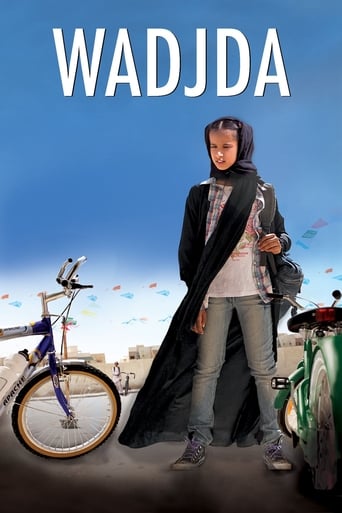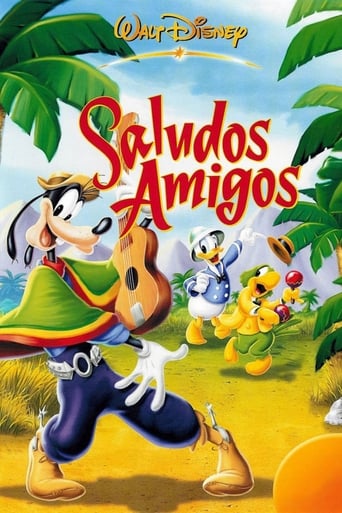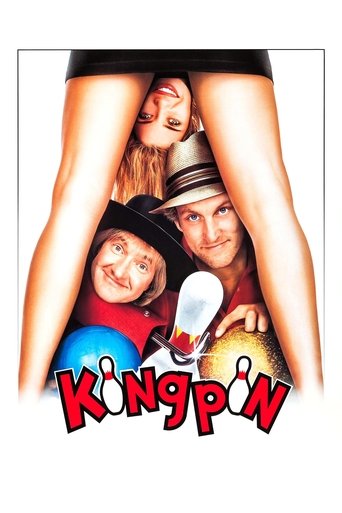Michael Collins
Ireland, 1916. His Dreams Inspired Hope. His Words Ignited Passion. His Courage Forged A Nation's Destiny.
Michael Collins plays a crucial role in the establishment of the Irish Free State in the 1920s, but becomes vilified by those hoping to create a completely independent Irish republic.
Available For Free On
Trailers & Videos

Michael Collins - Original Theatrical Trailer

Michael Collins (1996) - Liam Neeson, Alan Rickman, Stephen Rea, Aidan Quinn - I disagree

Charles Soames
![Thumbnail for video: Michael Collins (1996) - 'Train Station Farewell' scene [1080] Thumbnail for video: Michael Collins (1996) - 'Train Station Farewell' scene [1080]](https://img.youtube.com/vi/I2Wo15MLlRc/hqdefault.jpg)
Michael Collins (1996) - 'Train Station Farewell' scene [1080]

Michael Collins | Official Movie Trailer

Michael Collins (1996) Fan-Made Trailer
Cast
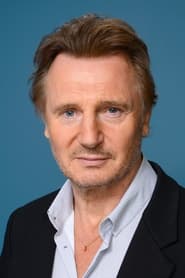
Liam Neeson
Michael Collins
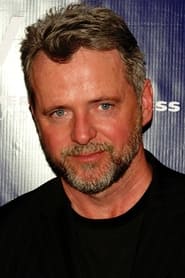
Aidan Quinn
Harry Roland
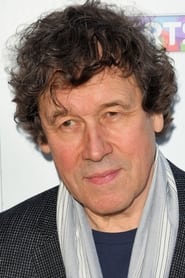
Stephen Rea
Ned Broy
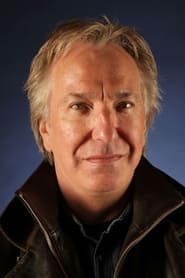
Alan Rickman
Eamon de Valera

Julia Roberts
Kitty Kiernan

Ian Hart
Joe O'Reilly
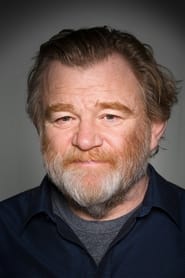
Brendan Gleeson
Liam Tobin

Stuart Graham
Tom Cullen

Sean McGinley
Smith

Gerard McSorley
Cathal Brugha

Jonathan Rhys Meyers
Collin's Assassin
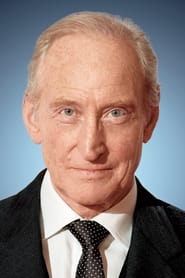
Charles Dance
Soames
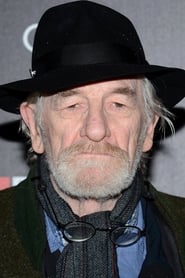
Jer O'Leary
Thomas Clarke

Mike Dwyer
James Connolly
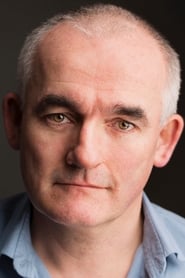
Martin Murphy
Captain Lee-Wilson
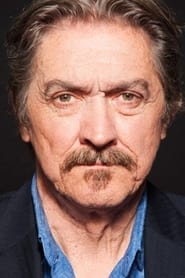
Frank O'Sullivan
Kavanagh

Frank Laverty
Sean McKeoin
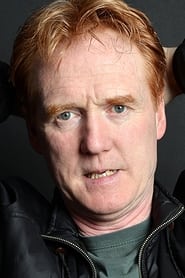
Owen O'Neill
Rory O'Connor

Owen Roe
Arthur Griffith

Paul Hickey
Dublin Castle Soldier
More Like This
Reviews
SPDonlan
Like many such epics, _Michael Collins_ is melodramatic and partial, about a past all too present. But much of the critical hostility it received/s is for offending popular pieties, imperial or republican, no less prejudiced.
Jordan wrestled with historiography and moral complexity in writing his screenplay. He understood that any historical account involves selection and even distortion, not least to persuade producers and sell tickets.
Ultimately, however, the period and place are too complex for Jordan to explain or Collins to contain: its violence is too roughly contextualized, its framing too hagiographical, and its characterization of De Valera too broad.
You've reached the end.




